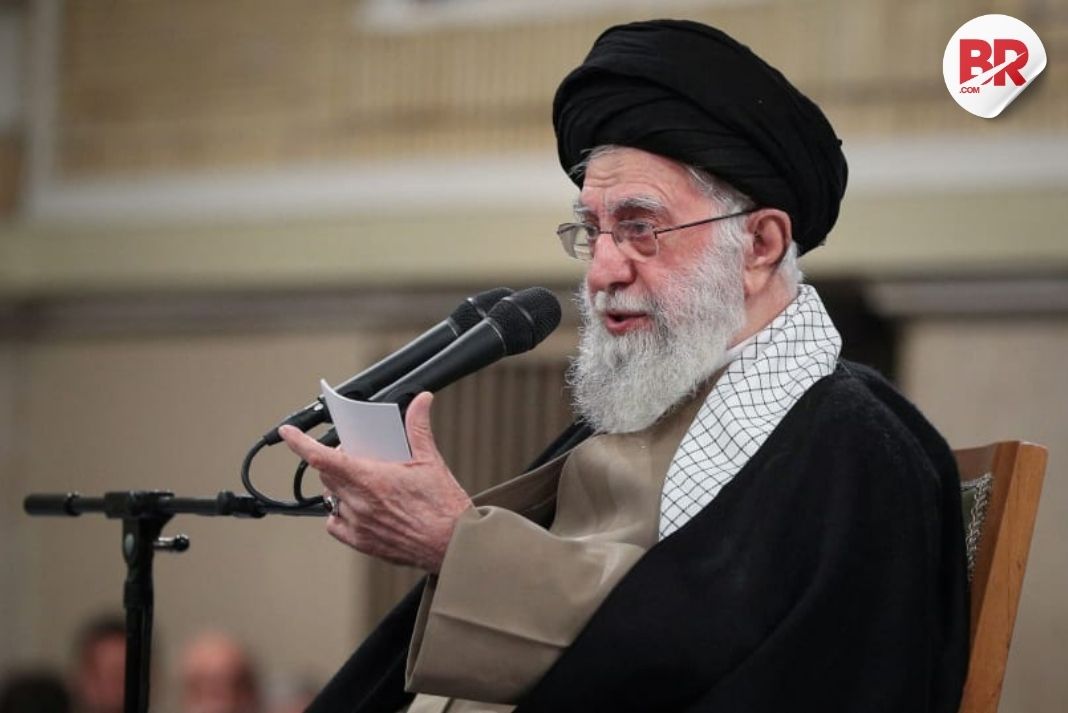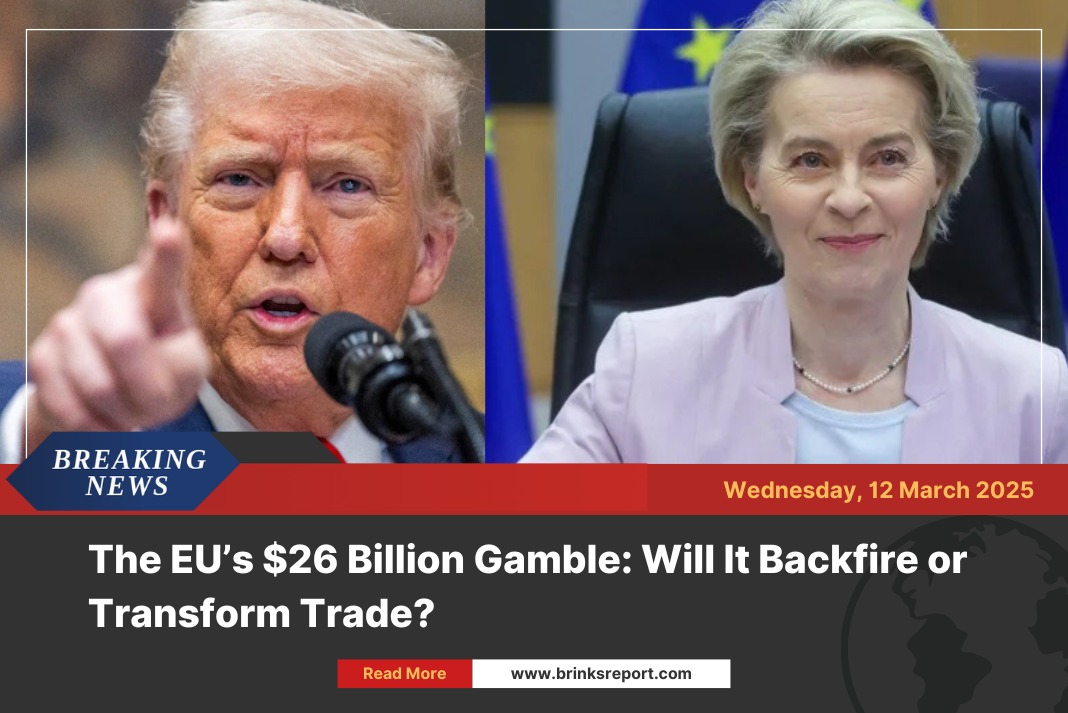
Will indirect talks ease tensions between Iran and the US? A top aide to Iran’s Supreme Leader hints at a possible path forward.
A Glimmer of Diplomacy
In a surprising move, Iran has expressed willingness to engage in indirect negotiations with the United States. Kamal Kharrazi, a key adviser to Supreme Leader Ayatollah Ali Khamenei, stated that Tehran hasn’t “closed all doors” to resolving disputes with Washington. This comes despite years of escalating tensions, sanctions, and threats.
Why Now?
The US, under former President Donald Trump, withdrew from the 2015 nuclear deal and reimposed harsh sanctions. Iran responded by ramping up its uranium enrichment, far beyond agreed limits. Western nations suspect Iran of pursuing nuclear weapons, but Tehran insists its program is peaceful.

Also Read: Iran’s Currency Now Worth Almost Nothing—What Happens Next?
Now, with Trump’s recent warning—“make a deal or face consequences”—Iran seems to be cautiously testing the waters. Foreign Minister Abbas Aragchi has made it clear, however, that direct talks won’t happen unless the US eases its “maximum pressure” policy.
What’s Next?
Iran is expected to respond soon to Trump’s letter. Kharrazi’s comments suggest Tehran is open to backchannel discussions—possibly through intermediaries—to assess US intentions before making any decisions.
Could this be the first step toward de-escalation? Or will old tensions derail any chance of progress? The world watches closely.
Also Read:China to Europe: Ditch U.S. Instability, Embrace Our ‘Rational Choice’












